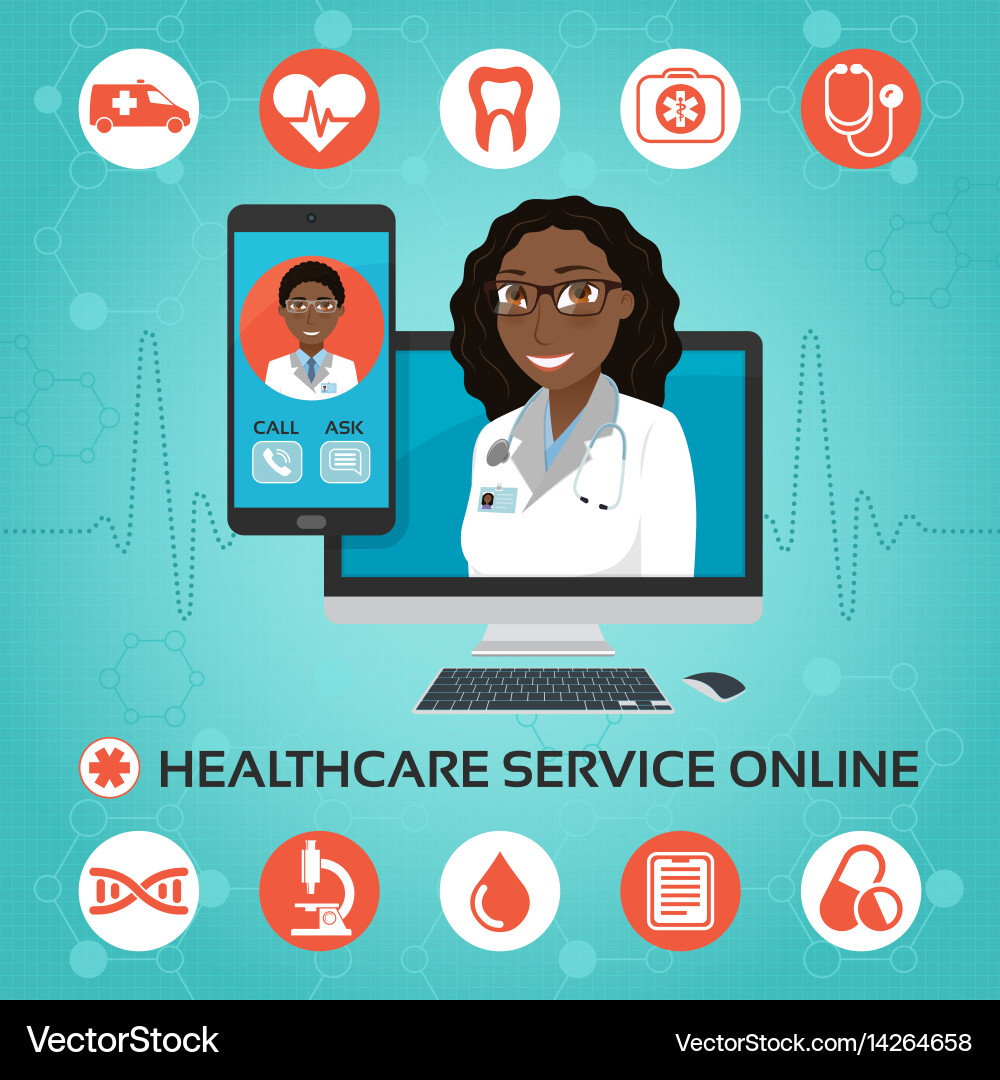The Effect of Subscription Based Healthcare on Traditional Clinical Practices
The Effect of Subscription Based Healthcare on Traditional Clinical Practices
Blog Article
The Rise of Subscription-Based Medical Care and Its Influence on Individual Care
As healthcare develops, the subscription-based model is getting grip, guaranteeing to transform patient care by providing predictability and availability. The potential for these models to improve health care distribution raises pressing inquiries regarding their long-term sustainability and inclusivity. Are these registration services the future of health care, or do they risk leaving at risk populaces behind?
Recognizing Membership Healthcare Versions
Realizing the idea of subscription health care designs involves taking a look at a transformative method to medical services that stresses price and access. These designs, often referred to as direct health care (DPC) or concierge medication, have actually become innovative choices to typical fee-for-service health care systems. Registration healthcare permits people to pay a set month-to-month or yearly cost for a defined set of medical solutions, which may consist of limitless office brows through, routine exams, and basic laboratory examinations, without the need for conventional insurance payment.
The structure of subscription health care versions is made to enhance person care by eliminating third-party payers and intricate billing codes, consequently decreasing administrative problems. Health care companies can concentrate extra on individual treatment, promoting more powerful patient-provider partnerships. This version additionally promotes preventative care by encouraging regular sees, as the monetary challenge of per-visit fees is gotten rid of.
The subscription model commonly equips medical care service providers to take care of smaller sized person panels, permitting even more individualized treatment. It straightens monetary rewards with client health outcomes, as suppliers are encouraged to maintain person satisfaction and wellness. On the whole, recognizing membership health care designs requires identifying their prospective to reshape exactly how care is provided and accessed.
Advantages for People and Carriers

For service providers, subscription-based versions offer the chance to grow patient-provider relationships. With a constant earnings stream, medical care specialists can dedicate more time to every individual, leading to an extra customized and thorough treatment experience. This version additionally reduces reliance over individual quantities, relieving exhaustion and boosting job fulfillment. The emphasis on precautionary treatment within subscription strategies can lead to far better client outcomes and reduced long-lasting healthcare prices. By concentrating on constant care, providers can resolve problems prior to they escalate, inevitably profiting the health care system all at once by decreasing the burden on emergency situation and intense care solutions.
Problems and challenges
While subscription-based medical care versions present many benefits, they additionally include a collection of obstacles and worries that should be resolved. Access remains a considerable concern, as these models typically target people that can manage monthly charges, potentially excluding low-income populations. This raises honest inquiries concerning fair access to healthcare services. In addition, the varied nature of subscription strategies can bring about complication amongst patients pertaining to coverage specifics, potentially leading to unmet expectations or poor treatment.
Financial sustainability of subscription-based designs is another concern. Suppliers need to balance the fixed revenue from registrations with the variable costs of healthcare solutions, which may rise and fall as a result of unexpected clinical demands. This can develop stress to limit services or rise fees, potentially influencing client complete satisfaction and care quality.
Moreover, regulatory oversight of subscription-based health care versions is still evolving. Addressing these obstacles is critical for the effective and fair implementation of subscription-based medical care.
Influence On Patient-Doctor Relationships
One significant impact of subscription-based medical care models on patient-doctor connections is the capacity for enhanced continuity and individualized treatment. By embracing a registration version, physicians can handle a smaller sized individual panel, permitting for more specialized time with each individual. This enhanced accessibility promotes a much deeper understanding of an individual's case history, lifestyle, and choices, allowing extra tailored therapy strategies and treatments.

Nevertheless, it is essential to identify that while subscription-based designs might benefit those who can manage them, they might accidentally widen healthcare variations. Patients that are not able to participate in these designs may experience decreased accessibility to individualized care, potentially influencing their relationships with doctor. Thus, while the registration design offers encouraging advantages for patient-doctor relationships, it likewise poses difficulties subscription based healthcare that need to be resolved to guarantee fair medical care access.
Future of Healthcare Gain Access To

The role of modern technology can not important link be neglected in this improvement. Telemedicine systems and digital wellness records promote seamless interaction in between patients and doctor, damaging down logistical and geographical obstacles. Additionally, innovations in expert system and information analytics can further personalize healthcare by forecasting client needs and maximizing therapy strategies.
Nevertheless, the future of healthcare access likewise provides difficulties, such as making certain equity throughout various socio-economic groups. Policymakers and healthcare service providers have to collaborate to link the digital divide, making sure that subscription-based models remain inclusive and budget-friendly. As these systems grow, they hold the guarantee of making healthcare much more obtainable, reliable, and patient-centric.
Conclusion
Subscription-based medical care versions are improving client care by supplying a steady cost structure and boosting availability. The increase of subscription-based health care encourages aggressive patient engagement, which has the potential to improve patient results and satisfaction, signifying a transformative change in healthcare delivery.
As health care progresses, the subscription-based model is acquiring traction, assuring to reinvent person treatment by offering predictability and Get More Information accessibility.Subscription-based healthcare models offer distinct benefits for both individuals and carriers, improving the overall healthcare experience.As health care systems develop, the future of health care access regularly pivots on the integration of ingenious designs and modern technologies.Subscription-based medical care designs are improving individual treatment by supplying a steady expense framework and improving access. The rise of subscription-based health care motivates aggressive client involvement, which has the prospective to boost person end results and satisfaction, indicating a transformative shift in medical care delivery.
Report this page